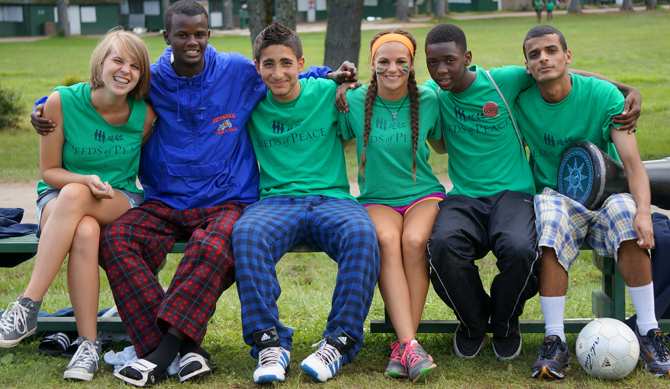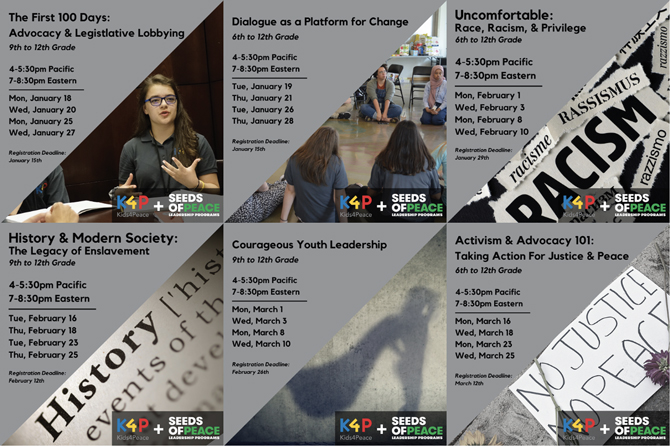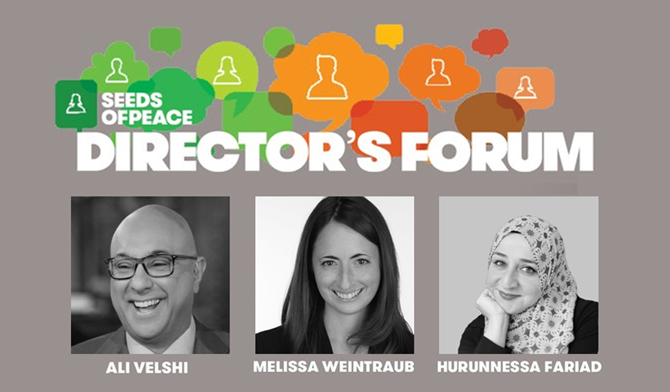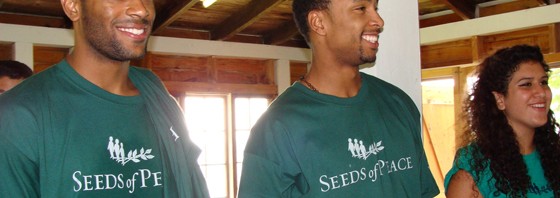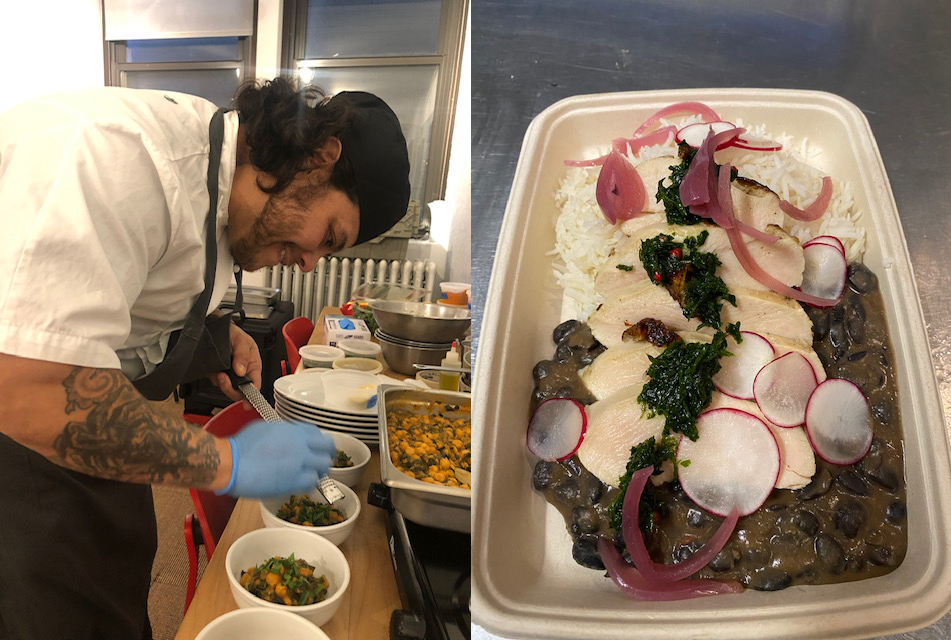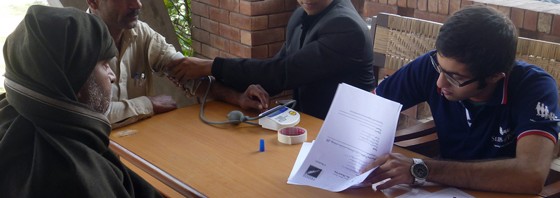A police officer suspected of killing an Israeli Arab during the October 2000 riots refused to turn up for a polygraph examination five times in a row. The sixth time, when he did show up, he refused to answer more than one question and eventually left without being tested.
The information comes from material about the death of Asel Asleh collected by the Justice Ministry’s Police Investigation Department (PID), which was later submitted to Adalah – the Legal Center for Arab Minority Rights in Israel.
The officer, who was the main suspect in Asleh’s killing, was not compelled to undergo the lie detector test, and in the end, the file was closed.
PID officials said yesterday that they lacked any means of extracting confessions from officers, such as the authority to compel them to undergo polygraph tests—the results of which are in any event not admissible in court.
The officer in question, Chief Inspector Yitzhak Shimoni, led two other officers in a chase after Asleh on October 2, 2000. However, he was first summoned for a polygraph test last year—about two years after publication of the Or Commission’s report on the incidents.
On one occasion, Shimoni told the PID that he was unable to take the test because his cell phone was broken, and therefore he did not know about the appointment. Another time, he told the detectives, “it didn’t work out, it’s too far and that’s why I didn’t come,” adding that he was “very, very hurt” by the requests and that he was completely sure of his innocence.
The sixth time, when Shimoni actually did come to the police laboratory, he refused to answer any question other than “did you shoot the youth?” and left without completing the examination.
One of the other two officers involved in the incident told investigators to “check all the officers at the scene, and then you’ll see that investigating me is superfluous. I know I am blameless.” The polygraph test cleared both him and the third officer, who said in the test that neither of them had opened fire. Neither was asked if he knew who had shot Asleh, however.
Adalah officials contend that the PID should at least have made Shimoni’s refusal to take the lie detector test public rather than “creating the false impression that the investigation was thorough.” According to Adalah Director General Hassan Jabareen, the PID should have used more sophisticated means of investigation.
“Why didn’t they stage a confrontation among the three officers who chased after Asleh together? They should have continued to press the point,” Jabareen said.
Asel Asleh, of Arabeh, participated in a protest by residents of the town near the Galilee city of Sakhnin on October 2. Asleh was active in the Seeds of Peace movement and participated in various activities to promote Jewish-Arab coexistence.
When the three officers were assigned to arrest rioters near Lotem Junction, Asleh was among those who fled the scene. According to eyewitness accounts, he slipped a couple of times and then fell in a nearby olive grove. The officers approached him and found him already shot. They left, and Asleh was evacuated by friends. He died at the Nahariya Hospital.
Asleh’s case occupies two large binders, including the three officers’ testimony before the Or Commission, ballistics documents and notes from the PID investigation.
Sources close to the investigation told Haaretz last week that the investigation reached a very advanced stage before coming to a halt over the refusal by Asleh’s family to exhume his body in order to extract the bullet for tests.


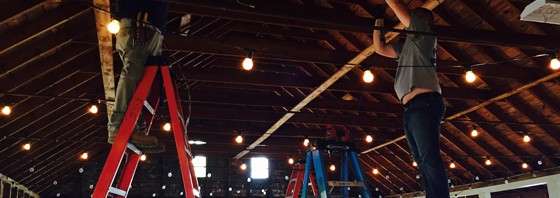
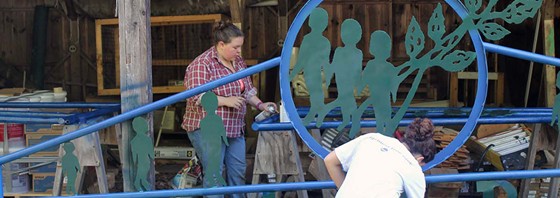
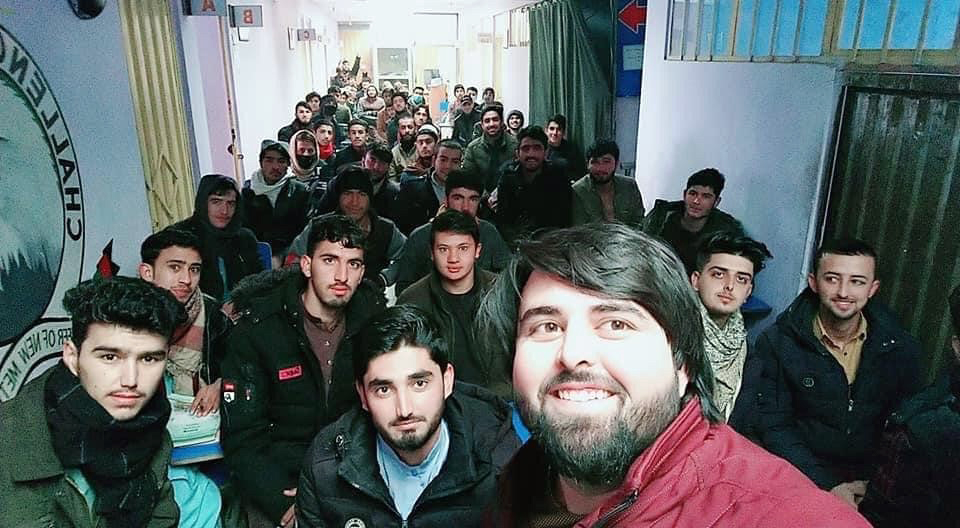
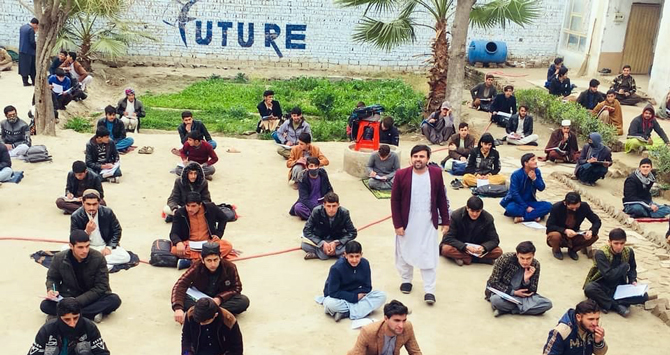



 Since I joined Seeds of Peace nearly a year ago, we have been working together to respond to a pandemic and chart a future strategy for Seeds of Peace that builds on our pioneering legacy and rises to meet the challenges and opportunities of this moment.
Since I joined Seeds of Peace nearly a year ago, we have been working together to respond to a pandemic and chart a future strategy for Seeds of Peace that builds on our pioneering legacy and rises to meet the challenges and opportunities of this moment.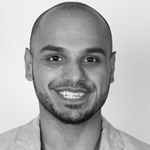 “I’m very appreciative of the new strategic shift of empowering the regions of interpreting the top-level vision and localizing the impact objectives from a regional lens. I’m also appreciative of the renewed attention and commitment from the organization to channel more focus on the South Asian region with all its vastness and promise. We have made some ambitious and excitement plans and along with the local community here, I am pumped to realize them in 2021!”
“I’m very appreciative of the new strategic shift of empowering the regions of interpreting the top-level vision and localizing the impact objectives from a regional lens. I’m also appreciative of the renewed attention and commitment from the organization to channel more focus on the South Asian region with all its vastness and promise. We have made some ambitious and excitement plans and along with the local community here, I am pumped to realize them in 2021!”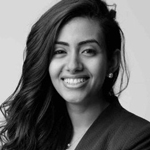 “Ever since I was a camper in 2006, I have always known the potential of our Seeds of Peace community. In this moment, more than ever, we are on the brink of change and I am excited and honored to be part of doing this work with Seeds of Peace for our collective liberation and towards inclusive just societies for all of us.”
“Ever since I was a camper in 2006, I have always known the potential of our Seeds of Peace community. In this moment, more than ever, we are on the brink of change and I am excited and honored to be part of doing this work with Seeds of Peace for our collective liberation and towards inclusive just societies for all of us.” “We live in times when moral courage is being constantly attacked by the loud populists and nationalists. Yet Seeds of Peace is not intimidated by their demagoguery. I join Seeds of Peace in resisting fear, and I am excited to be part of this movement that is dedicated to developing morally courageous young leaders.”
“We live in times when moral courage is being constantly attacked by the loud populists and nationalists. Yet Seeds of Peace is not intimidated by their demagoguery. I join Seeds of Peace in resisting fear, and I am excited to be part of this movement that is dedicated to developing morally courageous young leaders.”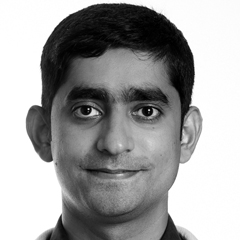 “I am excited to work with Seeds of Peace at this moment because things have changed for the better. I feel more supported in my work and there is a strong commitment for the allocation of more resources in our region. The model is shifting from centralized authority to decentralization of authority and empowering the regional leaders to be at their best. I’ve experienced remarkable change in the processes and my engagement with the senior management has increased manifold.”
“I am excited to work with Seeds of Peace at this moment because things have changed for the better. I feel more supported in my work and there is a strong commitment for the allocation of more resources in our region. The model is shifting from centralized authority to decentralization of authority and empowering the regional leaders to be at their best. I’ve experienced remarkable change in the processes and my engagement with the senior management has increased manifold.” “I am excited to work with Seeds of Peace in this moment because in the midst of the pain, division, and uncertainty I see in our country and world, I also see hope. I see hope in the faces, the wisdom, and the energy of our youth leaders. I see hope in our community that is so invested in this work continuing. I am excited to dive into the possibilities of this moment and to work collectively to continue building justice, equity, and peace.”
“I am excited to work with Seeds of Peace in this moment because in the midst of the pain, division, and uncertainty I see in our country and world, I also see hope. I see hope in the faces, the wisdom, and the energy of our youth leaders. I see hope in our community that is so invested in this work continuing. I am excited to dive into the possibilities of this moment and to work collectively to continue building justice, equity, and peace.” “I’m excited to work with Seeds of Peace at this moment because I get to work with brilliant people, from all across the world, and imagine together a world that is better for all of us. I get to meet brave teenagers who, despite and against all powers that work to separate them, work intensely to buckle up and be in solidarity with one another, and stand together against systems that oppress all of them.”
“I’m excited to work with Seeds of Peace at this moment because I get to work with brilliant people, from all across the world, and imagine together a world that is better for all of us. I get to meet brave teenagers who, despite and against all powers that work to separate them, work intensely to buckle up and be in solidarity with one another, and stand together against systems that oppress all of them.”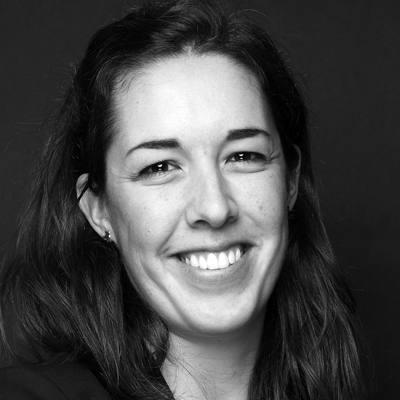 “With American political polarization and the urgency of racial justice coming more to the forefront of people’s consciousness this year, I feel especially lucky to be on a team that centers dialogue, community, youth leadership, action-taking, and other critical skills and practices that can be powerful parts of the solution.”
“With American political polarization and the urgency of racial justice coming more to the forefront of people’s consciousness this year, I feel especially lucky to be on a team that centers dialogue, community, youth leadership, action-taking, and other critical skills and practices that can be powerful parts of the solution.”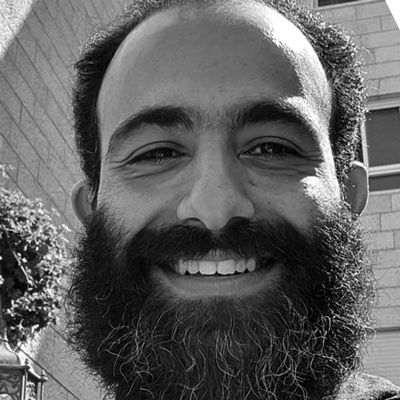 “With change happening in the Middle East and abroad, it is a very interesting and crucial time where young, future Palestinian leaders will get the space, time, and support needed to allow an indigenous understanding and experience of leadership to emerge so that they may tackle local and global challenges with a deeper understanding and practice of solidarity.”
“With change happening in the Middle East and abroad, it is a very interesting and crucial time where young, future Palestinian leaders will get the space, time, and support needed to allow an indigenous understanding and experience of leadership to emerge so that they may tackle local and global challenges with a deeper understanding and practice of solidarity.”